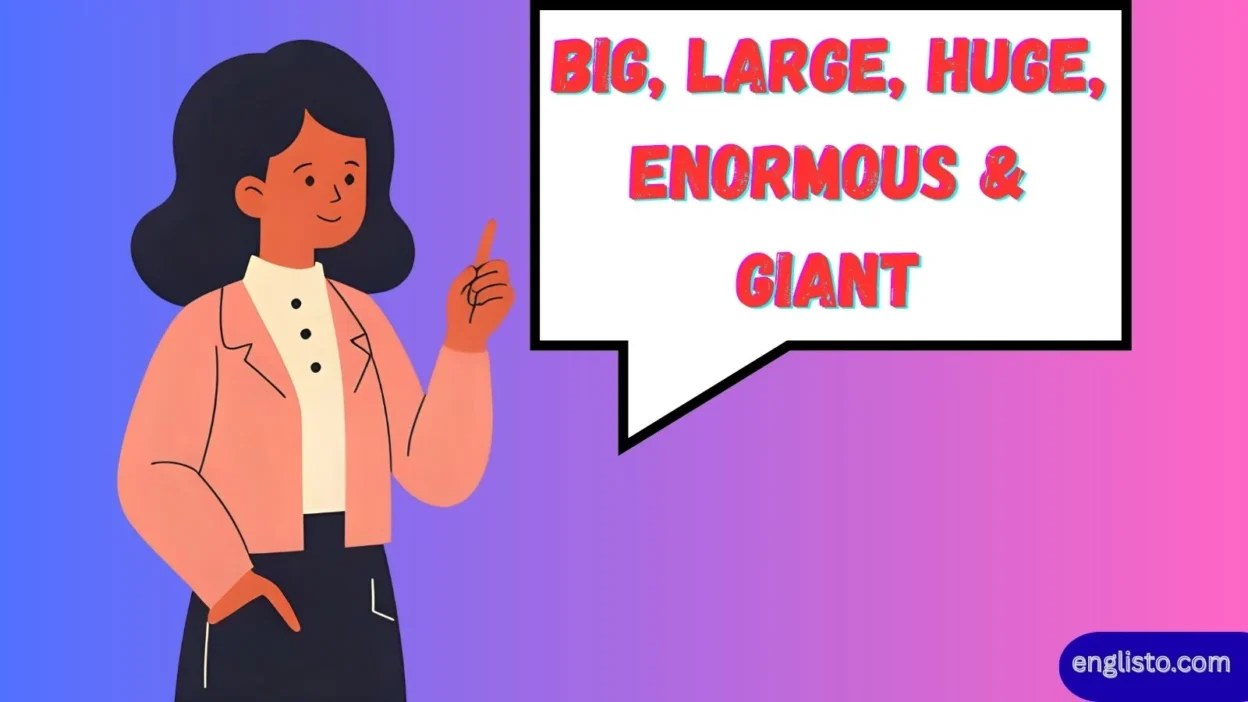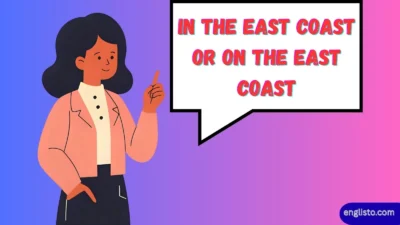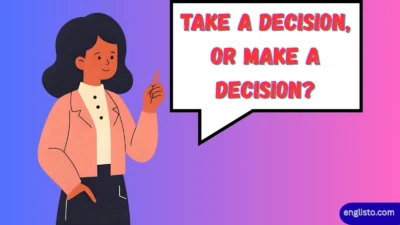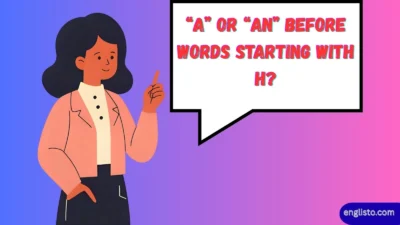Language is full of subtle shades. Words that look like synonyms often carry hidden differences in tone, intensity, and context. This is especially true for size-related adjectives such as Big, Large, Huge, Enormous & Giant. At first glance, they all seem to mean “greater than normal in size,” but when you scratch beneath the surface, you’ll find distinctions in formality, strength, and emotional impact.
This guide dives deep into these five powerful adjectives. You’ll learn when to use each one, how they differ in tone, and which contexts favor one word over another. We’ll compare real-life examples, look at collocations, explore grammar usage, and even chart out synonym families. By the end, you’ll know exactly how to choose the right word—whether you’re writing an essay, describing an object, or adding color to everyday conversation.
Why Multiple Words for “Big” Exist
- To express nuance: English thrives on subtle shades of meaning.
- To convey intensity: “Big” doesn’t pack the same punch as “enormous.”
- To mark formality vs. informality: “Large” feels more academic or official, while “big” is conversational.
- To emphasize emotion: “Giant” or “huge” can sound exaggerated or dramatic.
As linguist David Crystal once said:
“Synonyms are rarely perfect duplicates. Each word lives in its own ecosystem of collocations, tone, and style.”
Read More: Girlie or Girly: Which Word Should You Use?
Big: The All-Purpose Adjective
The word big is probably the most common and flexible of the group. It’s informal, friendly, and widely used in both physical and metaphorical contexts.
Examples:
- A big house
- A big mistake
- A big-hearted person
Key Features of “Big”
- Register: Informal, conversational
- Intensity: Mild; less dramatic than “huge” or “enormous”
- Collocations:
- Big problem
- Big brother
- Big business
- Big problem
Table: Common Collocations with “Big”
| Collocation | Meaning | Example Sentence |
| Big deal | Something important | “Losing that contract was a big deal.” |
| Big time | To a great extent | “She messed up big time.” |
| Big day | Important occasion | “Tomorrow’s the big day—my graduation.” |
| Big picture | Overall perspective | “Focus on the big picture, not small details.” |
Large: The More Formal Sibling
Where big is casual, large sounds more formal and precise. You’ll find it in official documents, academic writing, and scientific contexts.
Examples:
- A large amount of data
- A large-scale project
- A large room
Key Features of “Large”
- Register: Neutral to formal
- Intensity: Neutral; less emotional than “huge” or “giant”
- Usage: Often linked with measurements, quantities, and statistics
Table: Large vs. Big
| Context | Preferred Word | Example |
| Everyday speech | Big | “A big dog barked loudly.” |
| Official report | Large | “A large number of voters supported the bill.” |
| Scientific study | Large | “The experiment required a large sample size.” |
| Friendly tone | Big | “He’s a big fan of soccer.” |
Huge: A Step Up in Intensity
The word huge emphasizes something impressively or shockingly big. It carries emotional weight and often signals exaggeration.
Examples:
- A huge wave crashed against the ship.
- That’s a huge success!
- She got a huge discount at the store.
Key Features of “Huge”
- Register: Neutral, works in both casual and semi-formal contexts
- Intensity: Strong; implies impressiveness
- Connotations: Positive (“huge opportunity”) or negative (“huge debt”)
Enormous: Formal and Forceful
Enormous is more serious and formal than huge. It suggests something extraordinarily large, often to the point of being overwhelming.
Examples:
- An enormous burden
- The project required an enormous amount of funding.
- The desert stretches for an enormous distance.
Key Features of “Enormous”
- Register: Formal, often academic or descriptive writing
- Intensity: Very strong
- Connotations: Often emphasizes seriousness or gravity
Giant: Figurative and Visual Power
The word giant stands out because it’s not only a size adjective but also a noun meaning a legendary huge creature. When used as an adjective, it’s vivid and dramatic.
Examples:
- A giant statue of Lincoln
- Tech giants like Google and Apple
- A giant leap for humanity
Key Features of “Giant”
- Register: Neutral, but dramatic
- Intensity: Strong; often metaphorical
- Connotations: Power, dominance, impressiveness
Comparison Table of All Five Words
| Word | Register | Intensity | Typical Contexts | Example |
| Big | Informal | Mild | Everyday speech, general use | “A big party” |
| Large | Formal | Neutral | Academic, statistics, measurements | “A large quantity of books” |
| Huge | Neutral | Strong | Emphasizing scale or impact | “A huge challenge” |
| Enormous | Formal | Very strong | Serious descriptions, extreme size | “An enormous deficit” |
| Giant | Neutral | Strong, dramatic | Figurative, metaphorical, visual | “A giant corporation” |
Real-Life Usage Differences
- Big mistake vs. Large mistake → “Big mistake” is idiomatic; “large mistake” sounds unnatural.
- Large-scale project vs. Huge-scale project → Only “large-scale” is correct collocation.
- Enormous pressure vs. Giant pressure → “Enormous pressure” is natural; “giant pressure” feels awkward.
- Giant leap vs. Enormous leap → “Giant leap” is iconic (thanks to Neil Armstrong).
Synonyms and Alternatives
English is rich with size-related adjectives. Some overlap with our five words, while others carry unique tones.
Synonym Families:
| Word Group | Synonyms | Nuance |
| Mild | Big, Large, Sizable, Substantial | Neutral, everyday |
| Strong | Huge, Giant, Massive, Tremendous | Emphasize scale |
| Extreme | Enormous, Colossal, Gigantic, Gargantuan | Awe-inspiring, overwhelming |
Idioms and Expressions with Size Words
- Big shot → Important person
- Big cheese → Boss or leader
- Big shoes to fill → Following someone impressive
- Looming large → Dominating presence
- Giant of industry → Dominant, powerful company
Common Mistakes Learners Make
- Using “large” in idioms where only “big” works (“large deal” ❌ → “big deal” ✅)
- Overusing “huge” in formal essays instead of “enormous” or “substantial”
- Forgetting “giant” is often metaphorical (e.g., “giant company,” not “giant sandwich”—though people say it casually)
Grammar Tips
- All five are gradable adjectives → You can say “very big,” “extremely large,” “absolutely enormous.”
- Some are more natural with intensifiers:
- “Really big” ✅
- “Extremely large” ✅
- “Absolutely enormous” ✅
- “Truly giant” ✅ but rare
- “Very huge” ❌ (awkward, better: “really huge”)
- “Really big” ✅
FAQs
Q1: Is “big” the same as “large”?
Not always. “Big” is more informal and idiomatic, while “large” is often used in official or statistical contexts.
Q2: Which is stronger—huge or enormous?
“Enormous” is typically stronger and more formal than “huge.”
Q3: Can “giant” describe people?
Yes, but usually metaphorically (“He’s a giant in the music industry”) or literally for very tall people.
Q4: Is “very huge” correct?
It’s not natural. Use “really huge” or “absolutely enormous” instead.
Q5: What’s the most extreme word for size?
Words like “gigantic,” “colossal,” or “gargantuan” go beyond “enormous” in intensity.
Conclusion
Choosing between big, large, huge, enormous, and giant depends on context, tone, and intensity. “Big” is casual and versatile. “Large” feels formal and precise. “Huge” adds emotional impact. “Enormous” sounds serious and extreme. “Giant” is bold, dramatic, and often metaphorical.
By understanding these nuances, you’ll not only sharpen your vocabulary but also make your communication more impactful, whether you’re writing an academic essay, telling a story, or simply describing your day.
Language, after all, is about precision and expression. And sometimes, the difference between a “big success” and a “giant success” is more than just size—it’s about the impression you leave on your reader or listener.



